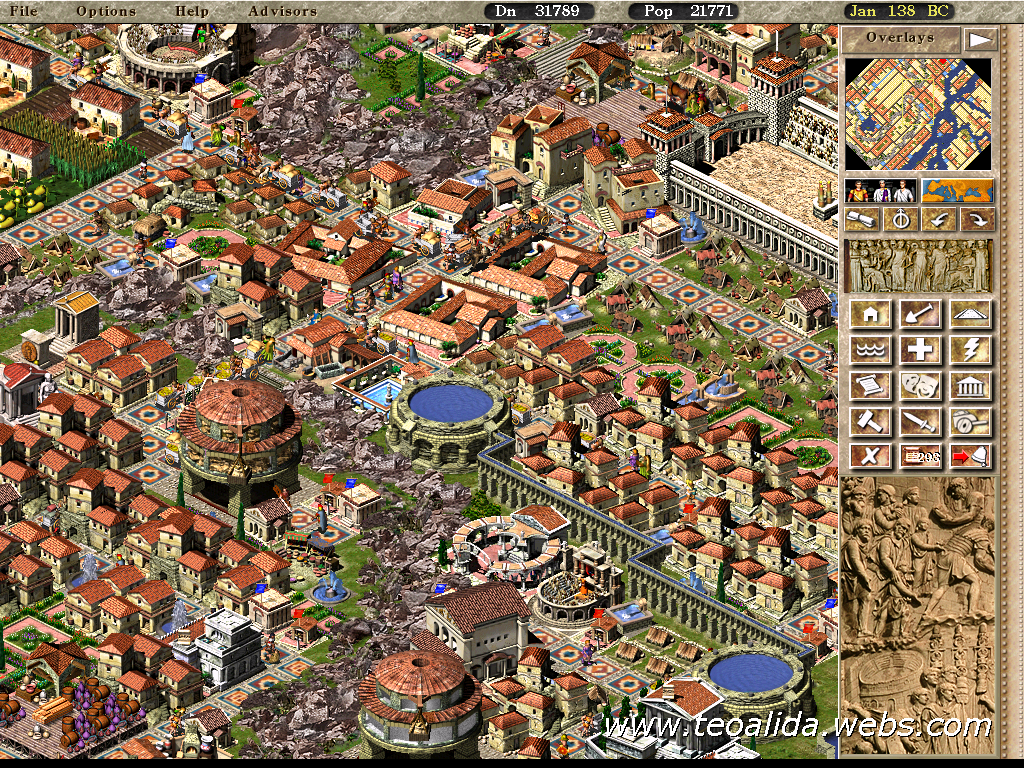

That is when you are awarded points to a maximum of 10, based on the following criteria:

That said, and provided you can resolve the matter before the end of the year, it won’t be your housing level that affects it. To start with, housing devolving for one reason or another.

In that sense, as I will now explain, it’s not just your overall housing that can alter it down as well as up.

Unbeknownst to those who play the game without the following information, prosperity, the year on year score, is affected in several ways, ones that can be easily overlooked. Ultimately, the game is all about timing, especially in the higher level peace missions where prosperity is high. In that sense, as you move towards the end of the mission, especially when the ratings are high, you not only need to keep an eye on things, but you also need to consult the education advisor (press 8 on your keyboard). Although each one serves a set amount of children and students, the overall total is based on a census, one that is taken at the start of each year. By consulting your entertainment and education advisors, you will note that a single theatre serves 500 people, an amphitheatre serves 800 people, a Colosseum serves 1500 people and a library serves 800. Not counting the hippodrome, which you can only have one of, and apart from the Colosseum and Academy, you can and will likely need several of the others in order to achieve the culture rating. Temples aside, there are 7 main culture buildings 4 entertainment and 3 education. Let us look at the main two ratings in greater detail, starting with Culture: Additionally, play one of the many construction kit games and even create your own with the easy to use map editor. Immerse yourself in one of the wonders of the past as you govern as many as 20 Roman provinces in your rise up the ranks, from a humble citizen to the next Caesar. But Rome thrived, leaving, as proof of its glory, spectacular venues full of tough, often dangerous entertainment its people demanded. But not every citizen lived in such luxury, leading to riots by the hungry and the poor. None could thwart Rome’s destiny.ĭefeated captives became slaves, bought by rich citizens who enjoyed Rome's unrivalled civilised life. Life was good, but Rome’s citizens hungered for more and developed mighty legions to conquer new lands. It thrived, building legendary roads, encouraging trade with neighbouring cities. Starting on a path that would lead further than they could ever have imagined, farmers settled at a place on the river Tiber. Central Italy, seven hundred fifty years before the birth of Christ.


 0 kommentar(er)
0 kommentar(er)
